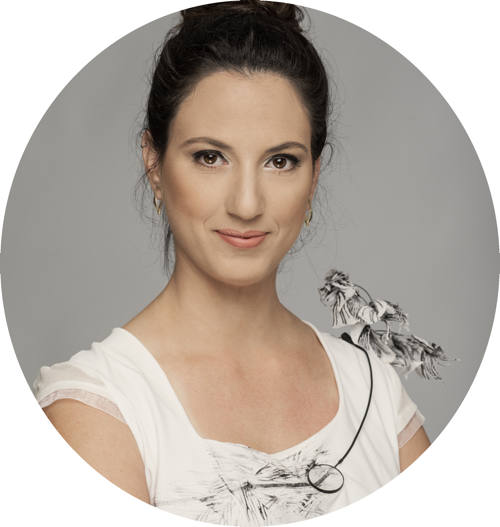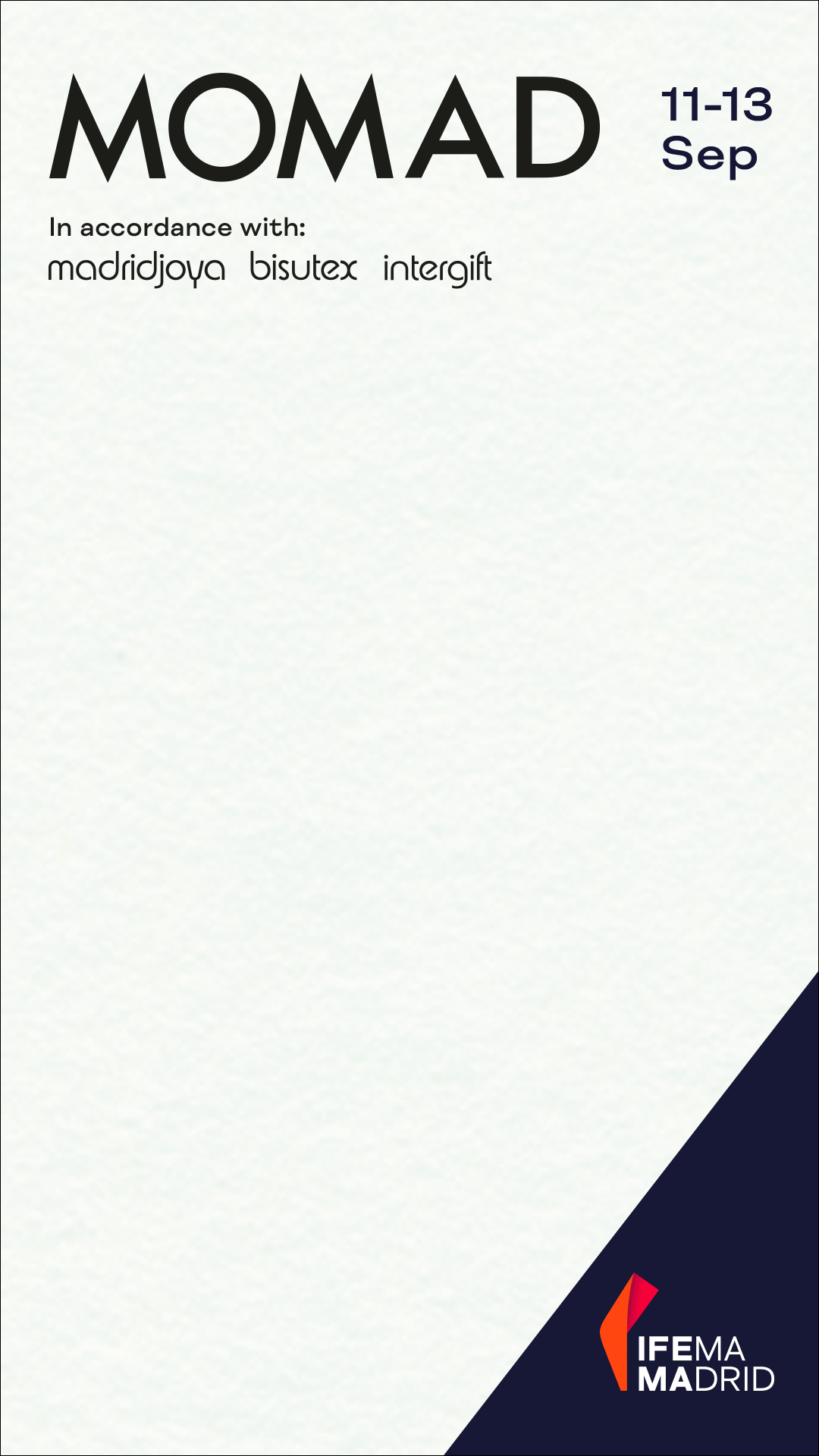
Water: How to solve a scarcity crisis
Our Earth is covered with around two thirds of its surface in water. Without water there would be no agriculture, no industry and no life. The question that is starting to bother many people around the world from different industries is- what happens when water becomes scarce? The extensive use of water in many industries has become a problematic issue in the past years mainly as an outcome of growing awareness to the negative impacts that industrialization and consumerism is creating. The issue with water has become a hallmark of globalized fashion supply chains. Open discussions and criticism about the high usage of water to produce each meter of cotton alongside the water usage and toxicity of waste water from dyeing, processing and finishing facilities and of course the mystery behind how to solve the micro-plastics problem worldwide. All of these appear in the news everywhere around the world regularly.
It’s time for the fashion industry to take a more courageous and holistic approach. In NEONYT there were few panel discussions and presentations focusing on the topic of water- the problems we are facing already and will definitely face in the close future when it comes to water usage as well as some solutions offered or where should it progress to. Many of the dialogues where solution-oriented, including practical measures and steps to implement in brands and industry to inspire people to act and choose differently.

In 2017 The Guardian published that a million plastic bottles are bought around the world every minute and the number will jump another 20% by 2021.
The first panel about this topic was “Be clean water my friend – Fresh views on plastic and fashion”. In the panel participated Thomas Hartwig, from Leogant; Carolyn Raff, from Akademie der Bildenden Kunste Stuttgart; Javier Goyeneche, founder of Ecoalf; Alexander Nolte, from Stop! Micro Waste; and Meike Schutzek from Ocean Now. The topic of water or how to solve a scarcity crisis of such an important resource is really controversial since there are few strategies or beliefs. That is why it was a really expressive and eager panel.
On one hand there was Thomas from Leogant building, a filter system that offers healthy and clean tap water basically everywhere. In 2017 The Guardian published that a million plastic bottles are bought around the world every minute and the number will jump another 20% by 2021. The solution offered by Leogant would eliminate the need and use of massive amounts of plastic bottles and could also be a solution for developing countries and places that experience droughts or have toxic tap water that could be filtered and become drinking water. According to some predictions, if water becomes more and more scarce, people from poorer areas would not be able to afford clean water that could benefit their bodies and health and this will increase inequality. The water crisis requires solutions and companies like Leogant to deal with these challenges.
In the panel there were also Alexander from Stop! Micro Waste and Meike from Ocean.Now. Both are organizations that are trying to raise the awareness to the problems and issues of water these days and also educate the population about ways to solve these issues with their daily lives and decision-making. They create campaigns that shares the problems with the people, raise money to clean the oceans and clean them by themselves, spread their message and even develop products to minimize plastic pollution or replacements for conventional (most of the times single used) plastic based products.
The issue of the enormous amounts of waste we create was also dicussed in the panel and is directly related to the issue of water. Many products or by products that we toss are made out of plastic and they find themselves floating all around the rivers, seas and oceans. They toxicate the water and kill many species since these creatures believe these colorful particles are food. Ecoalf and the brand’s founder Javier, who was in the panel, are leading the use of mainly recycled content like plastic bottles recovered from the ocean in Thailand to create their garments and accessories. Ecoalf creates products that don’t fall in their design and style properties as well as the quality of the products. The brand communicates their sustainable efforts out loud and shares the amount of waste that created each product in a cool and effortless way. By now the brand has recovered more than 80 million tons of plastic bottles.

As many other topics discussed in a sustainable context, with water as well, there aren’t any regulations. Even if some countries do have local legislations on that topic there must be an understanding that the water in the lake in Berlin is the same water as the water in the Mediterranean Sea and the same as in the ocean around the Caribbean Islands. This means that every micro plastic particle or toxic chemical that was used in “far away” lands in the end effect our daily life, even when we go to our exotic vacations. This leads to the conclusion that regulations need to be decided worldwide to improve the access and quality of the water all around the world.
With the topic of water being in the headlines in the last few years, consumers worldwide can’t say anymore that they are not aware or educated about the topic and the problems but also not about the choices that they should make. Probably the most important choice consumers should make these days is to consume much less as a first step. Really question their “need” or “desire” to have a new product in their hands. If there is a wish to be renewed with a new product, it is better to choose one made from a recycled content that is regenerated into a new material and product.
When the Earth overshoot day is noted on the 29th of July, earlier then last year it is clear that there is a need to move faster and deal with sustainable challenges and especially the water challenge much quicker. The Earth overshoot day is date on which humanity’s resource consumption for the year exceeds Earth’s capacity to regenerate those resources that year. Earth Overshoot Day is calculated by dividing the world biocapacity (the amount of natural resources generated by Earth that year), by the world ecological footprint (humanity’s consumption of Earth’s natural resources for that year). The fact that this day is sooner on the calendar every year means that humans increase their consumption every year and create more waste than Earth is capable of processing and dealing with.

All panel participants agreed on the notion that companies should move forward and faster but they might not move in the speed that we need to rehabilitate the Earth so Legislations and consumer pressure can push the topic of water and other urgent topics to the daily agenda. As David Attenborough says: “We have to convince the people in the world that they should tell the politicians that they’re concerned”.

+ Words: Danielle Keller Aviram








